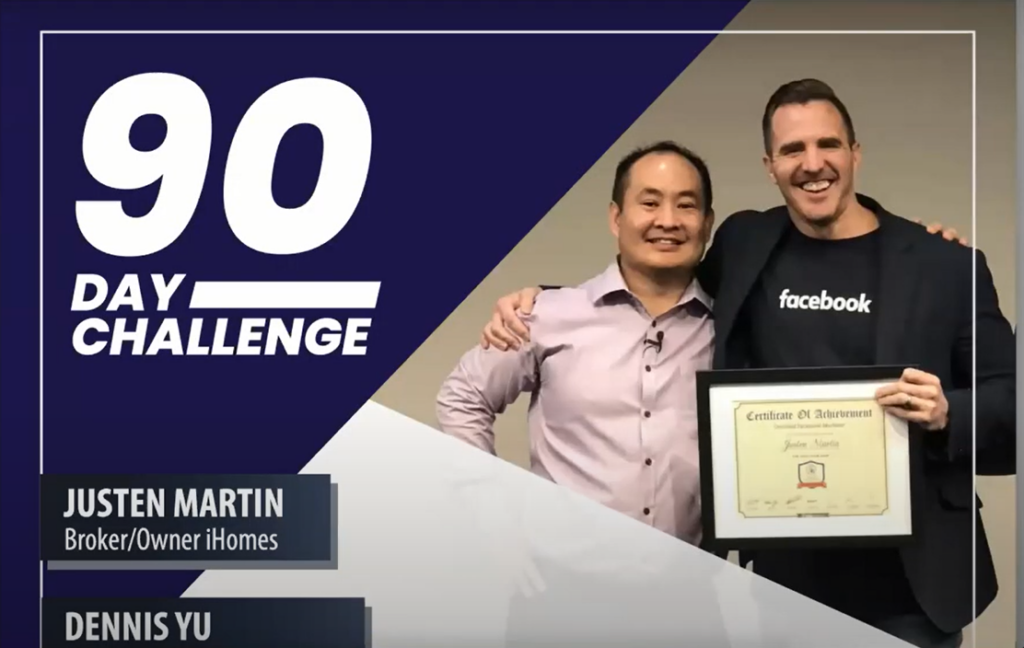Today, I want to discuss some challenges and why I think this will replace courses.
I consider YouTube the graveyard of free courses because there are so many courses on how to do something. There’s even a course on how to build courses.
So what does that mean for people that are selling courses? It means you need to reframe a course into a program.
What’s the difference between a course and a program?
The program is within X days. You achieve a specific result.
The result could be I will have an agency with seven clients. I will build a website that starts selling products or learning how to be a public speaker. And the value of that is what determines the price of the course.
What should be the price of the course?
Many people ask, how much should I sell the course? Should it be a hundred dollars? Should it be $99, or should it be a thousand dollars?
The value of accomplishing is the best way to think about it. If people go through your course or program, think about what it is that worth to them economically.
For example, if you have a course on how you make $10,000 a month through Airbnb, if it’s $10,000 a month in profit, then people should be able to pay $10,000 for that program.
The course needs to be under a hundred dollars because you compete against YouTube and what people want to resolve.
So if you can reframe a course into a program, you can charge a lot more because it’s closer to achieving the result.
And that result could be something that has business value in X days through specific steps. In other words, I help X achieve Y via Z, which is the same thing as your strategy: goals, content, and targeting.
What’s the difference between a program and a challenge?
Do you know what made the ice bucket challenge so famous? What is the whole point of weaving a basket in 90 days and building your car in 90 days?

It gives people a defined timeframe and a natural progression; here’s week one, here’s week two, here’s accountability.
It sets up the expectation that every week or every day, there’s going to be some message that follows up that says, Hey, it’s step three. Did you set up your video studio? Did you buy your camera? Did you make your one-minute video?
And I believe a challenge is more potent than just the program because it sets a structure where people must sign up.
Usually, a program is self-paced as opposed to a cohort.
So you wouldn’t want to put a 90-day challenge out there unless you have done this yourself. Then you can put your ultimate action guide as a book so people understand that in a 90-day challenge, they can achieve this same result because there is a figurehead or a LIGHTHOUSE who has completed it.
Have social proof!
People say 90 days is too long but believe real change takes 90 days. Psychology and research say forming habits takes 45 to 90 days. So think about what it is that you offer and what it is that people can do in 90 days.
I think the 90-day challenge is the best way to give potential clients a view into how you do what you’re doing for agencies and anyone providing services.
Because you’re revealing your secrets, but you’re publishing your checklists. And that way, the people who are just trying to save money because they don’t want to pay you, let them do that. Let them go through your step because they’re not worth talking to, as they will be nightmare clients.
They’re going to complain. Just let them go through this stuff for free.
The challenge is to package up your knowledge. If you’re an agency, you can take our six-phase social amplification engine and turn it into things you want.
For example, here’s a course on how to build your brand. And I have all the proof to show that I have created a personal brand. I’ve been on TV, spoken, and driven sales. I’ve been around essential people. I’ve got a best-selling book. I could sell that as a course, but I could also have it as a program or a done-for-use service where I can charge $10,000-$20,000 for this.
Do you see how there’s the tradition?
So a challenge is still passive income and the highest value you can sell. Everything above that requires coaching. It requires talking to them.
If you’re an agency, you have your top ladder where people are paying you X amount of dollars, hopefully, a lot of money. Put some stuff out there for free that doesn’t mean your agency services are free. Say I am putting my content out here for free, but if you want my time, it is expensive. You have to pay.
I believe that evergreen challenges are just way more powerful.
After all, you can have an unlimited number of people because not everyone can start on the same day. It’s not like we’re all running the Boston Marathon, And we all have to be there simultaneously.
